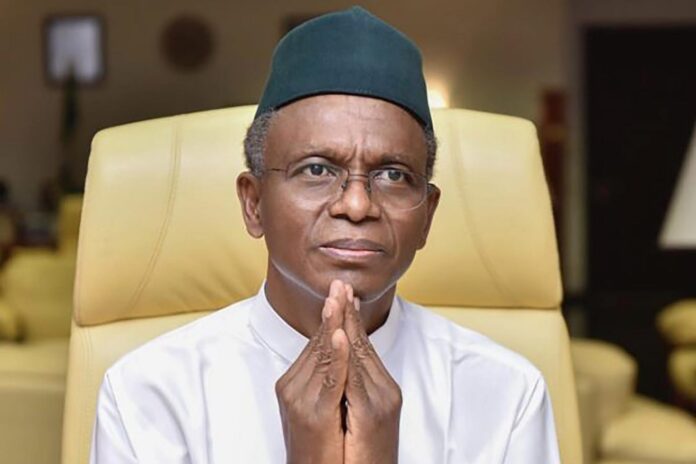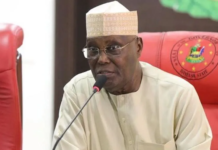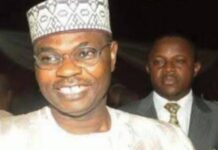Tensions are rising in Kaduna State as citizens take to the streets, calling for the prosecution of former Governor Nasir El-Rufai over alleged financial mismanagement. On Thursday, a large group of protesters marched to the Government House, urging current Governor Uba Sani to involve anti-corruption agencies in investigating claims of misappropriated funds totaling N423 billion.

The demonstration, organized by the Kaduna Citizens Watch for Good Governance, comes in the wake of a damning report from a Kaduna State House of Assembly committee. This ad hoc committee, tasked with examining the state’s finances and contracts under El-Rufai’s administration from 2015 to 2023, has raised serious concerns about the misuse of loans and potential abuse of office.
Governor Sani had previously highlighted the challenging financial situation he inherited, including a substantial debt burden and difficulties in meeting basic obligations like paying workers’ salaries. This revelation sparked a broader debate about financial management in the state and led to the assembly’s investigation.
Protest leader Comrade Victor Duniya praised the assembly’s efforts and called on Governor Sani to act on the committee’s findings. The protesters are specifically asking for the report to be forwarded to the Economic and Financial Crimes Commission (EFCC) for further investigation and potential prosecution of those implicated.
The allegations against El-Rufai and his administration are serious, including claims that many loans obtained during his tenure were not used for their intended purposes. The assembly committee has recommended legal action against the former governor and some of his cabinet members for alleged abuse of office and money laundering.
This situation highlights the ongoing challenges of governance and accountability in Nigerian politics. It also underscores the growing demand from citizens for transparency and responsible management of public resources.
As the story unfolds, all eyes are on Governor Sani and how he will respond to these calls for action. The government’s next steps could have significant implications for political accountability in Kaduna State and potentially set a precedent for addressing similar issues across Nigeria.
The protesters’ peaceful approach and the government’s willingness to receive their message suggest a functioning democratic process. However, the seriousness of the allegations and the high-profile nature of those involved mean this story is likely to remain at the forefront of Nigerian political discourse for some time to come.
As the situation develops, it will be crucial to monitor how state and federal authorities respond to these calls for investigation and potential prosecution, and what impact this may have on Kaduna’s political landscape and financial recovery efforts.




